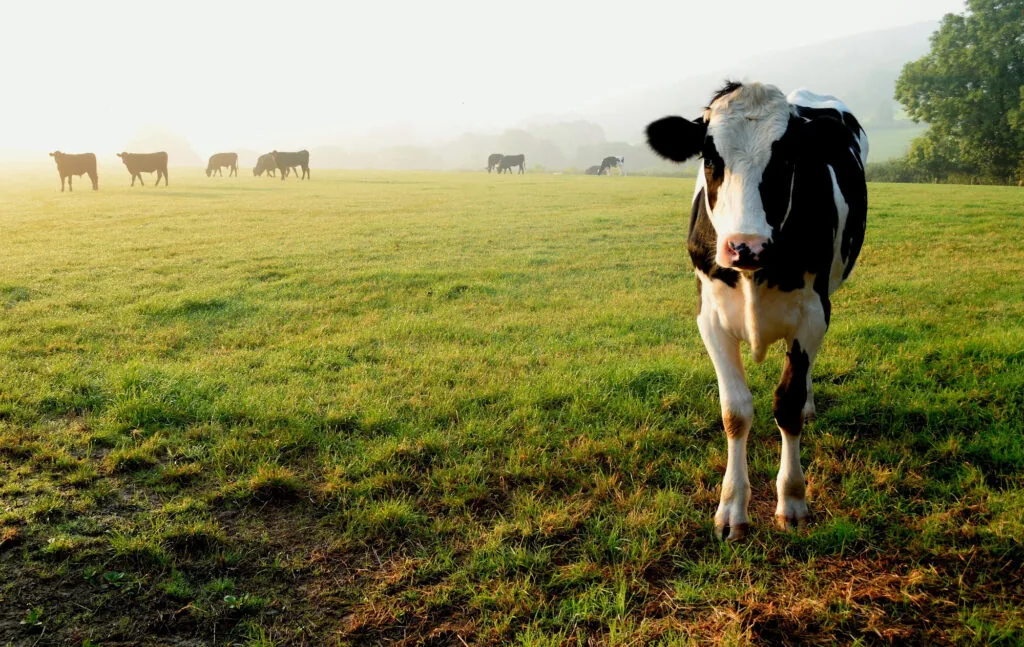
What happens to a grant application when the original Will cannot be found?

By Jodie Newton
30 Jan 2024 | 3 minute read
Statistics show that in the period April to June 2023, of the 74,813 applications to the Court for Grants of Representation, 83% were for Grants of Probate. These types of applications in the period April to June 2023 took an average time of 14 weeks from submission to the grant being issued.
In comparison, applications for Grants of Letters of Administration (with Will annexed) in the same period took significantly longer – an average of 23 weeks.
If an original Will cannot be found, applications to the Court to consider proving a copy Will take even longer; the writer of this article recently got two Grants of Letters of Administration (with Wills annexed) limited to the copy Wills issued, with the longest taking 28 weeks to be processed and the Grant issued. This is the time for the Court to consider the application and doesn't include the time beforehand making enquiries of the whereabouts of any Will.
What can be done to reduce these delays?
Whilst there doesn't seem to be much in the control of the applicant that can impact the Court's timeframes for processing applications, every effort can be made to try and locate original Wills as soon as possible after the death of the Testator. This process can run alongside making initial enquiries into the estate.
It may also be worth considering asking supporters to get in touch at the time of making their Will where a charity is named, so that a copy can be stored, for example, by the charities, or even a note of where the original is located can save a lot of time and resource.
The process of proving a copy Will
In the majority of cases, a copy of the executed Will should be available, and this will make things much simpler than if one is not. All of the evidence available should be considered to put together a clear picture of what the deceased intended. If it is believed that the copy Will was the last Will and testament and the original was not destroyed by the deceased with the intention of revoking it, an application to prove the copy Will can be made to the Court under rule 54 Non-Contentious Probate Rules 1987. This is done at the same time as the application for the Grant of Representation.
The reality of applying to prove a copy Will requires investigations into the whereabouts of the original, which can include the following:
Will searches of local firms close to where the supporter lived or previously lived.
- Checking with the Probate Registry to see if a Will is stored with them.
- Enquiring with financial institutions such as the supporter's bank, as to whether they hold any original documents.
- Searching a deceased's property to try and find paperwork that will help to determine the whereabouts of a Will.
- Making enquiries with friends and family to see what the supporter had said about their Will and where it was stored or the name of any firm it was made with.
All of the above have recently helped to locate original Wills in different estates and can be used to support the case to the Court for a copy Will to be proved. The Court can then make a decision based on the facts available.
How we can help
Whilst applications to prove copy Wills are becoming more common, every effort should still be made to try and locate the original Will and ensure that the deceased didn't intend to revoke their Will, before applying to the Court for an application to prove a copy.
In some instances, parties who would be prejudiced by the copy Will will need to be notified of an application.
Our charity probate team has extensive experience in making applications to prove copy Wills, please do contact a member of the team if you would like to discuss the merits of making such an application.














